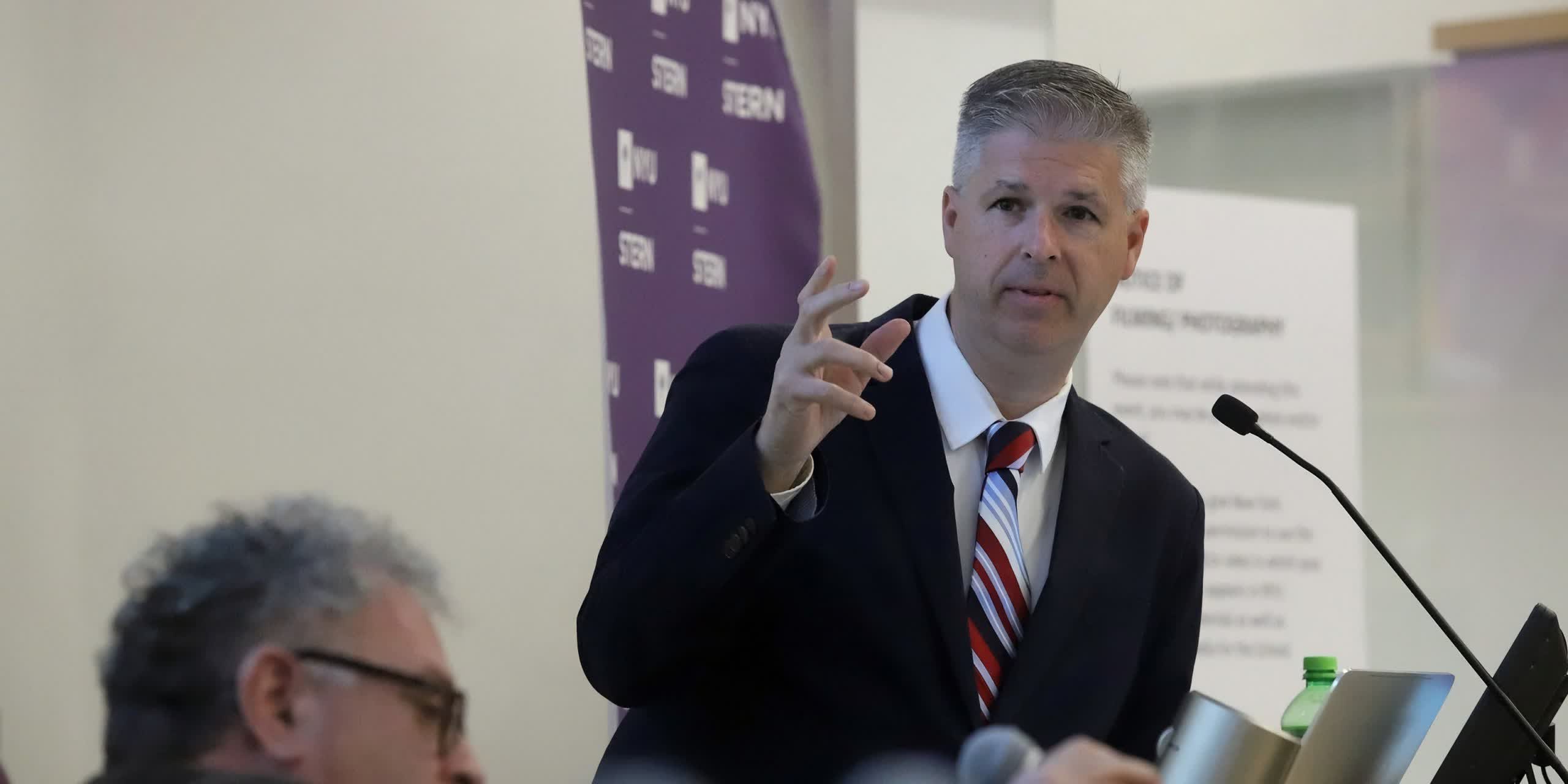In brief: An engineer has filed a lawsuit against the Minnesota licensing board for taking retaliatory disciplinary action against him after he referred to himself as a "professional engineer." The lawsuit claims that the Board violated his First Amendment right to free speech.

Correction (5/25/21): A spokesperson informed TechSpot that the Minnesota Board of Licensure has not issued an official statement on whether or not Marohn can use the term "professional engineer" now that his license is renewed. Instead, the Board is trying to discredit his word as a reformer, by labeling him a fraud.
"They are using the lapse in his license as an opportunity to enact disproportionate disciplinary action, labelling Marohn as a fraud in order to discredit his reform work," the spokesperson said.
We apologize for any confusion this mistake may have caused.
The original story follows below:
Charles Marohn is the founder of the engineering reform group Strong Towns. While he has not practiced his profession since 2012, he remains licensed in Minnesota. His focus these days is to reform the industry's outdated practices and "dogma." He has lectured and published papers critical of the industry's current standards.
In March of last year, an engineer in South Dakota, where Marohn had spoken several times, filed a complaint against him with the Minnesota Board of Licensure. The filing noted that in certain speeches and writings, Marohn referred to himself as a "professional engineer" during a lapse in his license.
The Board sat on the complaint for several months without notifying him. During that time, Marohn realized his license had lapsed and renewed it. Six weeks later, the licensing Board finally approached him about practicing without a license. He proved that he had not engaged in any engineering work, nor had he signed any papers requiring licensure during the lapse, but the Board didn't let it go.
Marohn's filing via Strong Towns
Without a legal avenue to censure Marohn for practicing without a license, the Board turned its attention to his use of the term "professional engineer." They contend that he cannot describe himself as such in his work as a reformer even though he is licensed. The Board told Marohn that he must sign a stipulation order admitting that he engaged in "conduct involving dishonesty, fraud, deceit, or misrepresentation." If he refused, he would face disciplinary action. He filed a lawsuit instead.
"Engineers need to be able to speak their conscience without having their license and their livelihood threatened," Marohn said in a statement. "The Board's actions are an injustice to all Minnesotans and, if left unchallenged, will have a chilling effect on speech within the engineering profession,"
Marohn's case is not the first time we have seen a state licensing board take action against someone's use of the word engineer. Mats Järlström faced similar fines and injunctions in Oregon in 2017. He filed suit against the Oregon State Board of Examiners for Engineering and Land Surveying for freedom of speech violations. In 2019, a federal judge ruled that the Board had a "history of overzealous enforcement actions" and called its restrictions on the use of the word engineer "substantially overbroad in violation of the First Amendment."
Image credit: Strong Towns
